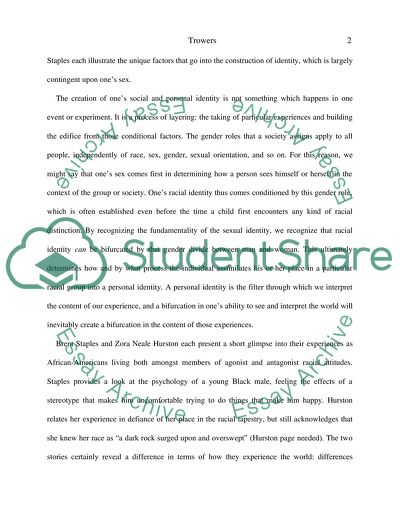Cite this document
(“Racial Identity Essay Example | Topics and Well Written Essays - 1000 words”, n.d.)
Retrieved from https://studentshare.org/miscellaneous/1552681-racial-identity
Retrieved from https://studentshare.org/miscellaneous/1552681-racial-identity
(Racial Identity Essay Example | Topics and Well Written Essays - 1000 Words)
https://studentshare.org/miscellaneous/1552681-racial-identity.
https://studentshare.org/miscellaneous/1552681-racial-identity.
“Racial Identity Essay Example | Topics and Well Written Essays - 1000 Words”, n.d. https://studentshare.org/miscellaneous/1552681-racial-identity.


